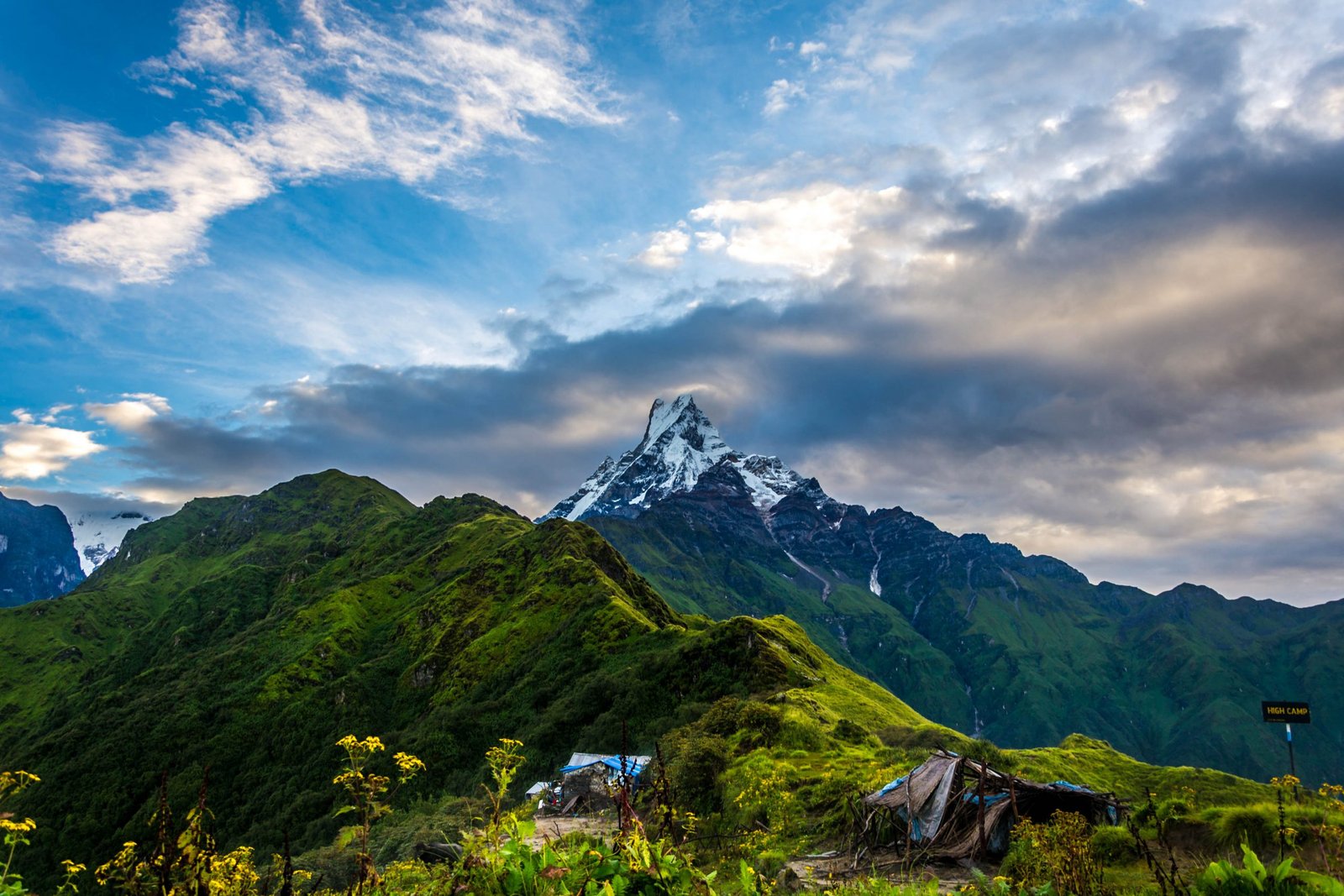-
+9779863847885
Whatsapp/Viber/Call
-
mingmalama647@gmail.com
Send your messages
Whatsapp/Viber/Call
Send your messages

Trekking in Nepal is a captivating adventure that beckons outdoor enthusiasts and nature lovers alike. With its rugged trails, stunning landscapes, and rich cultural experiences, Nepal offers a trekking experience like no other. From the towering peaks of the Himalayas to the lush valleys and rhododendron-filled forests, every step unveils a new and breathtaking panorama. The well-trodden routes like the Everest Base Camp trek and the Annapurna Circuit provide not only physical challenges but also opportunities to immerse oneself in the local way of life. Teahouses along the trails offer warm meals and comfortable resting places, where trekkers can share stories and forge connections with fellow adventurers.
The welcoming smiles of the local Sherpa and Nepali people add a heartwarming touch to the journey. Whether you’re an experienced mountaineer or a novice hiker, Nepal’s trekking trails cater to all levels of expertise. Each trek is a voyage of self-discovery, a chance to witness ancient traditions, monasteries, and prayer flags, and a reminder of the indomitable spirit of human exploration. Trekking in Nepal is an unparalleled experience that leaves an indelible mark on the soul, inviting you to be part of a timeless Himalayan tapestry.
The cost of trekking in Nepal can vary widely depending on several factors, including the trekking route, duration, accommodation style, transportation, permits, guide and porter services, and personal spending habits. Here’s a general breakdown of the expenses you might encounter:
Permits: Most trekking routes in Nepal require permits, which can range from $20 to $40 or more, depending on the area and the duration of your trek.
Guide and Porter: Hiring a guide and/or porter is optional but recommended for many treks, especially in remote or high-altitude areas. The cost for guide services can vary from around $20 to $40 per day, while porters may cost around $15 to $25 per day. These costs can be shared among the group, reducing the individual expense.
Accommodation: Accommodation along the trails is generally in teahouses or guesthouses. The cost can vary from $5 to $20 per night, depending on the region and the level of comfort you choose.
Food and Water: Meals can vary in cost, with basic meals like dal bhat (a traditional Nepali dish) being more affordable. Budgeting around $15 to $25 per day for food and water is a reasonable estimate.
Transportation: The cost of transportation to and from the trekking starting point can vary. If you’re taking a domestic flight, prices can range from $100 to $300 or more, depending on the distance.
Equipment and Gear: If you don’t have your own trekking gear, you might need to rent or purchase items like sleeping bags, trekking poles, and clothing. Rental costs can add up, so it’s worth considering if you need to budget for this.
Miscellaneous: Other expenses can include tips for guides and porters (usually around 10% of their total fee), extra snacks, hot showers, Wi-Fi access, and any personal purchases.
As a rough estimate, a budget trekking trip in Nepal can cost anywhere from $500 to $1500 for a two-week trek. More luxurious and organized treks can cost significantly more, while budget-conscious trekkers who travel independently and avoid unnecessary expenses can complete their journey for less.
It’s important to research the specific trek you’re interested in and plan your budget accordingly. Keep in mind that prices are subject to change over time, so checking with recent sources or trekking agencies is recommended before making financial plans.